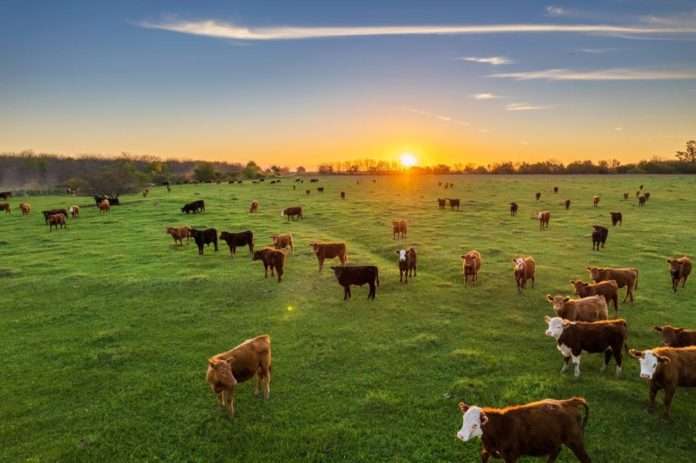
Southern Oil (SOILL), Africa’s largest producer of canola oil, has taken an innovative approach to waste reduction by utilising the byproduct from canola oil production to create a nutrient-rich animal feed.
“The efficiency of our operations ensures that all of the canola seed is utilised – primarily for the canola oil used in our B-well range of products, with the remaining material repurposed into valuable animal feed,” says Pieter Louw, SOILL Key Account Manager: Protein.
There are two forms of canola seed byproducts used as animal feed. Firstly, when the locally-grown, 100% GMO-free canola seeds arrive at the SOILL extraction plant, they undergo a cleaning process with sieves to separate the seeds from any plant parts. This sieved plant material is then collected and sold to farmers, who use it as roughage in animal feed for ruminant animals such as cows, sheep, and goats.
The canola seeds are then crushed and extruded to remove the oil, resulting in a residual material called oil cake, rich in protein and fibre. The oil cake is subsequently milled into meal to ensure a fine texture and later blended with other raw materials such as maize, barley, vitamins, minerals, and roughage. The resulting feed formulations cater to a wide range of livestock including sheep, cattle, poultry, and pigs.
“Because the energy part (the oil) is pressed out of the seed, the meal that remains is very high in protein, with a minimum value of 34%,” says Pieter. “Protein is a valuable and expensive raw material in animal feeds, thus canola meal is ideal for supplying a significant amount of good-quality protein to the animals’ diets.”
Not only is the feed rich in protein, but it also contains two limiting amino acids in its protein spectrum – namely Lysine and Methionine. These amino acids aid in milk production as well as milk solids production in dairy animals.
“Customer feedback on the benefits of canola meal has been overwhelmingly positive,” remarks Pieter. “Farmers appreciate its palatability, ease of use, and most importantly, its significant contribution to the health and productivity of their livestock. They’ve also reported enhanced milk production and improved milk solids, ultimately translating to better quality dairy products and higher profits.”
With its commitment to innovation and sustainability, SOILL is not only ensuring that the nutritional benefits of canola are shared with the agricultural industry, but also significantly reducing waste.
For more information, please visit www.soill.co.za











